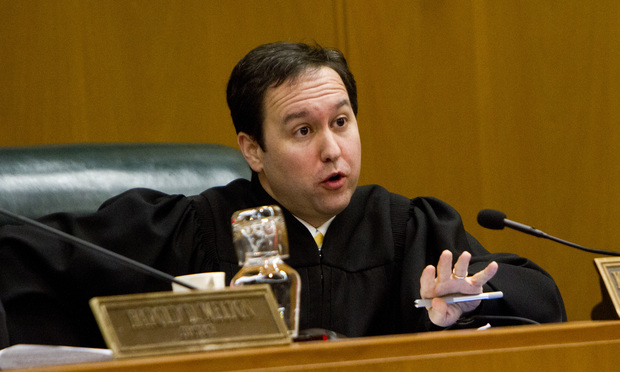Still debating the reach of the state’s 10-year-old apportionment statute, a divided Georgia Supreme Court on Monday held that workers’ compensation law does not prevent defendants in a tort suit from trying to shift blame to the employer of a plaintiff who is injured on the job.
The 5-2 ruling authored by Justice Keith Blackwell extended the reasoning of the court’s July ruling in Zaldivar v. Prickett, which interpreted the 2005 statute that was part of a tort reform package opposed by plaintiffs lawyers. The statute allows juries to allocate fault and corresponding damages to both parties and nonparties, potentially reducing a defendant’s financial obligation without creating any financial obligation on the part of nonparties.
This content has been archived. It is available through our partners, LexisNexis® and Bloomberg Law.
To view this content, please continue to their sites.
Not a Lexis Subscriber?
Subscribe Now
Not a Bloomberg Law Subscriber?
Subscribe Now
LexisNexis® and Bloomberg Law are third party online distributors of the broad collection of current and archived versions of ALM's legal news publications. LexisNexis® and Bloomberg Law customers are able to access and use ALM's content, including content from the National Law Journal, The American Lawyer, Legaltech News, The New York Law Journal, and Corporate Counsel, as well as other sources of legal information.
For questions call 1-877-256-2472 or contact us at [email protected]



